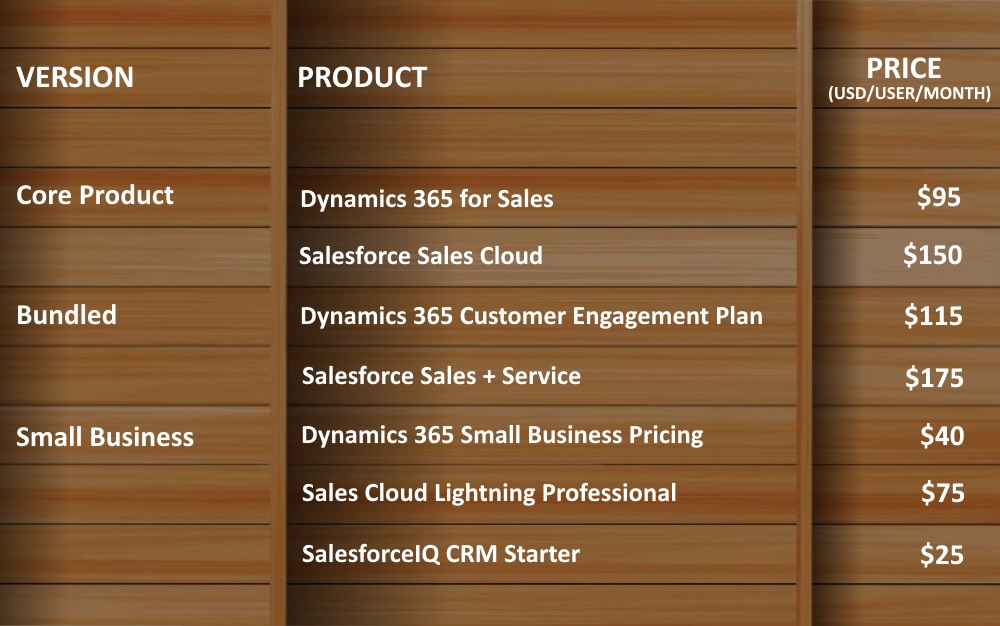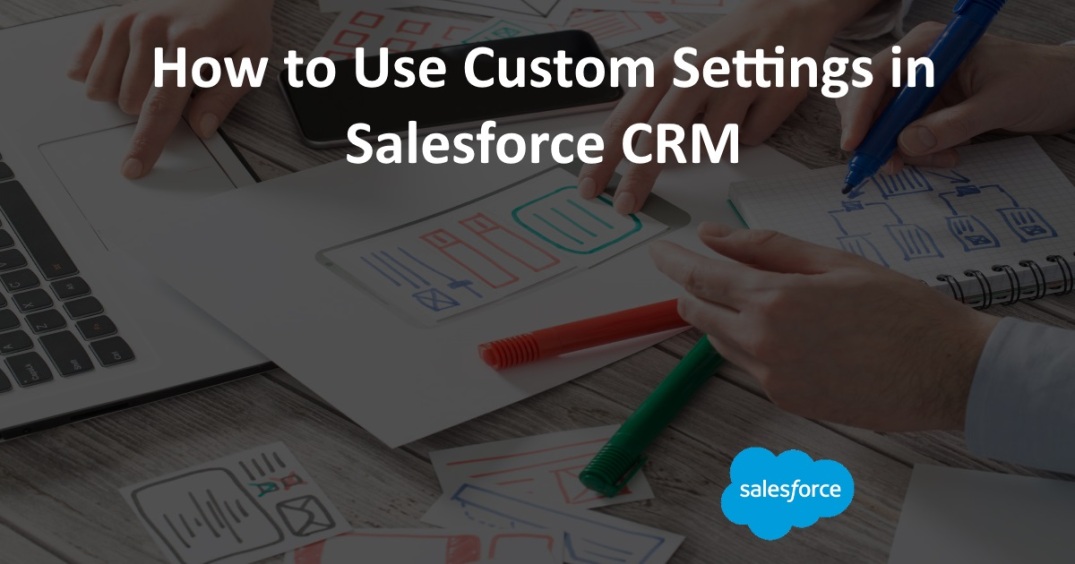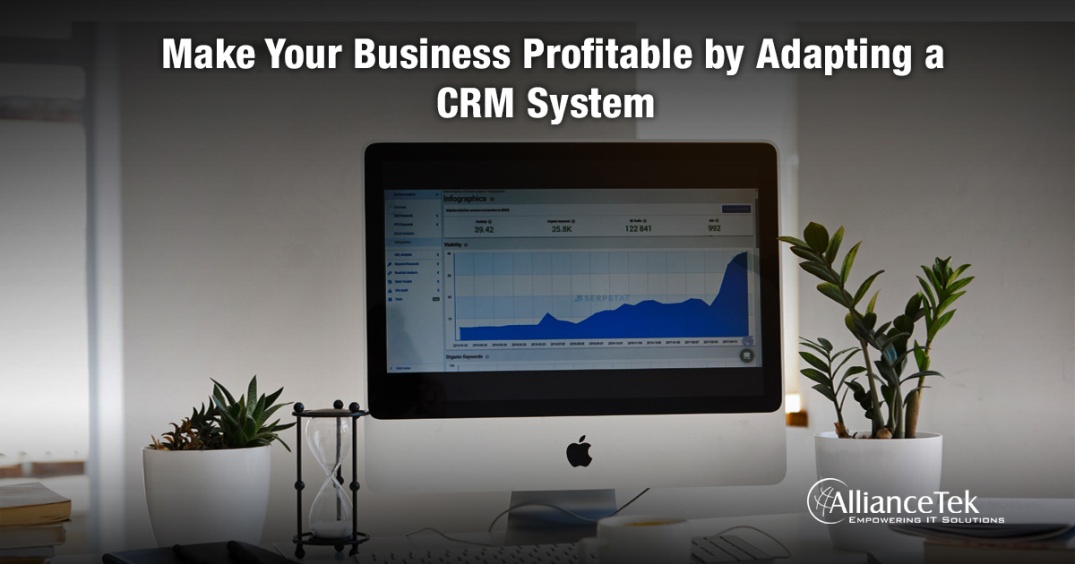Microsoft Dynamics 365 has taken the name “Customer Relationship Management” to its literal meaning and left no stones unturned in making the software a truly customer-centric tool.
With sales, marketing and increasing the customer lifetime value as its core focus, the second most popular CRM solution in the industry truly lives up to the reputation of its parent company Microsoft.

1. Customer centric process streamlining:
Microsoft Dynamics 365 CRM Development Services can only be implemented on business processes that are customer-centric. This means that all the underlying functions will now have to work together with the sole objective to make the customer happy
Microsoft Dynamics 365 for Sales helps businesses look at the customer as an individual with all their historic data in one place, rather than stored in discreet fashion. A particular customer is tracked throughout the entire journey, right from the source of lead generation, to history of complaints, to important details.
In a traditional data setup, a sales team does not even know when and why their customers are leaving the system, as that is taken care of by the service department. It is always good to acknowledge the fact that the sales people develop certain kinds of relationships with the client. One sales agent looking for repeat or up-sell can work hand-in- hand with the service team to create the optimum experience for the client. Microsoft Dynamics 365 holistic data organization helps in fulfilling this underlying principle.
2. Power of LinkedIn and whole Microsoft work environment
There has always been a bitter competition between World’s no1 and no2 CRM solutions, namely Salesforce and Microsoft Dynamics 365 respectively. But most CRM Consultants will agree that the deeper pockets of Microsoft, with already existing Office 365 setup in most offices. LinkedIn was acquired by Microsoft as an answer to Salesforce to give its clients a complete enterprise solution.
- The familiarity with Office 365 lets your employees already be acclimatized to Microsoft products and hence is less steep learning curve for Dynamics CRM adoption.
- Over and above, integration capabilities of the CRM with LinkedIn and the rest of Office and SharePoint setup in a Custom CRM Development Solution gives companies a complete experience with an integrated enterprise infrastructure.
- Relationship management is taken to a whole new level with this.
3. Sales Centric design
Microsoft Dynamics 365 as a CRM solution has taken upon itself one of the first and foremost responsibilities for driving sales and revenues for you. It works as a perfect enabler to increase your top lines and help realize it is true RoI.
Here are few of the features how it helps you in driving sales:
- Keeps all sales resources updated with uniform, holistic data about the customer in one place without any duplication of records wasting valuable time.
- Data powered personal content marketing gives intelligent recommendations on how exactly to engage with the customers that too across multiple social media channels from the same platform.
- Track engagements: both in emails and social media. This highlights how customers behave with different posts. This is key information data and can help you spend less and get more returns with the proper intelligence.
4. Cost Optimization:
Microsoft Dynamics 365 CRM Consultants cannot agree more on this a cost effective CRM solution with various segments based and bundles pricing strategy. This makes it the most competitive in terms of pricing. Salesforce on an average is 35% costlier as compared to Microsoft Dynamics 365 in each of the segments.

5. Easily extensible ERP:
Though the key features of Dynamics 365 CRM solution resolves around sales, marketing and services, the financial and operations module makes it comparable to an ERP at a much lower cost. It offers the ability to keep track of finances inventory integrated retail, manufacturing, HR, supply chain, and more general functionality in the Enterprise Edition.
Talk to us, as Microsoft Dynamics CRM Developers from AllianceTek will help you achieve all your CRM goals and more.
Read other CRM Development Related Blog Post
Driving Business from a CRM Dashboard with At-a-Glance KPIs

